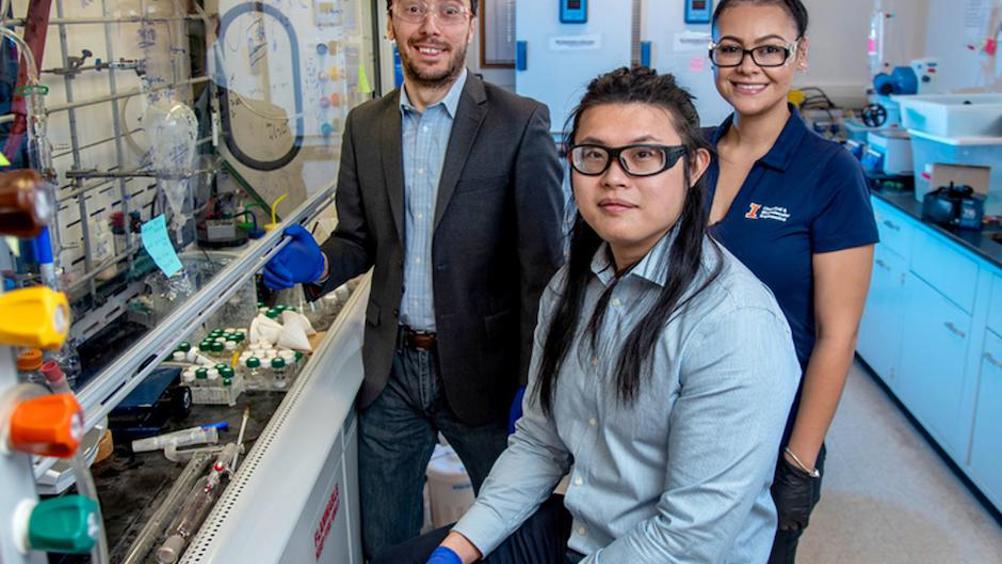Upcycling plastics to cut greenhouse gas emissions
US scientists have developed a process to transform the most widely produced plastic, polyethylene (PE) into the second-most widely produced plastic, polypropylene (PP), aiming to reduce greenhouse gas emissions.

The team, from University of Illinois Urbana-Champaign and University of California, Santa Barbara, worked with materials science company Dow on the process, described by researchers as a breakthrough.
“The world needs more and better options for extracting the energy and molecular value from its waste plastics,” said co-lead author Susannah Scott, distinguished professor and Mellichamp chair of Sustainable Catalytic Processing at UC Santa Barbara.
The researchers explained that conventional plastic recycling methods result in low-value plastic molecules, offering little incentive to recycle the ‘mountains’ of plastic waste accumulated over the past several decades.
“Turning polyethylene [PE] into propylene, which can then be used to make a new polymer, is how we start to build a circular economy for plastics,” Scott said in a statement.
Damien Guironnet, co-author and professor of chemical and biomolecular engineering at Illinois, described how the team began by conceptualising the approach and demonstrating its promise first through theoretical modelling.
Register now to continue reading
Thanks for visiting The Engineer. You’ve now reached your monthly limit of news stories. Register for free to unlock unlimited access to all of our news coverage, as well as premium content including opinion, in-depth features and special reports.
Benefits of registering
-
In-depth insights and coverage of key emerging trends
-
Unrestricted access to special reports throughout the year
-
Daily technology news delivered straight to your inbox










Water Sector Talent Exodus Could Cripple The Sector
Maybe if things are essential for the running of a country and we want to pay a fair price we should be running these utilities on a not for profit...